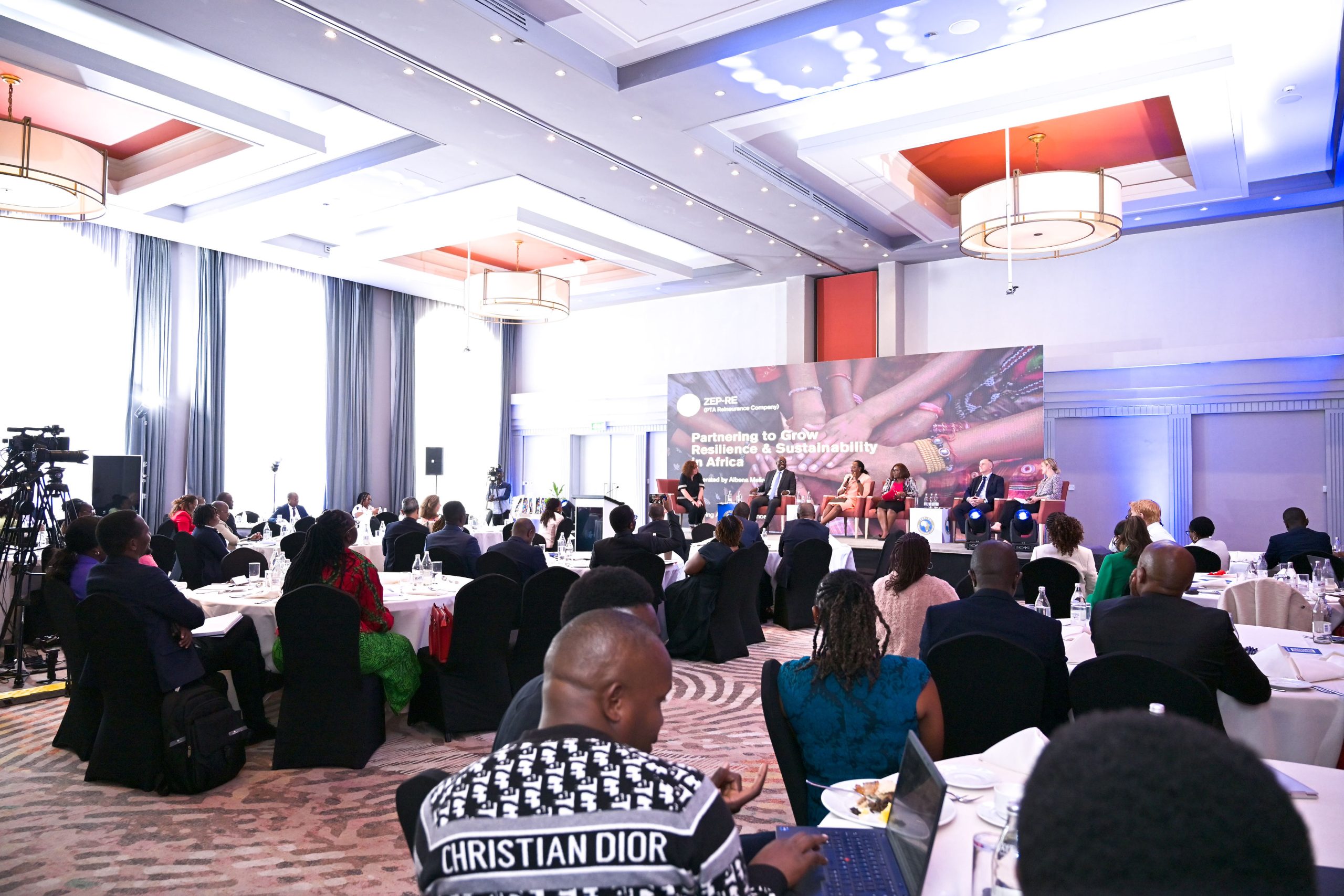ZEP-RE Launches 2024 Sustainability Report: A Leading Partner in Growing Africa’s Resilience
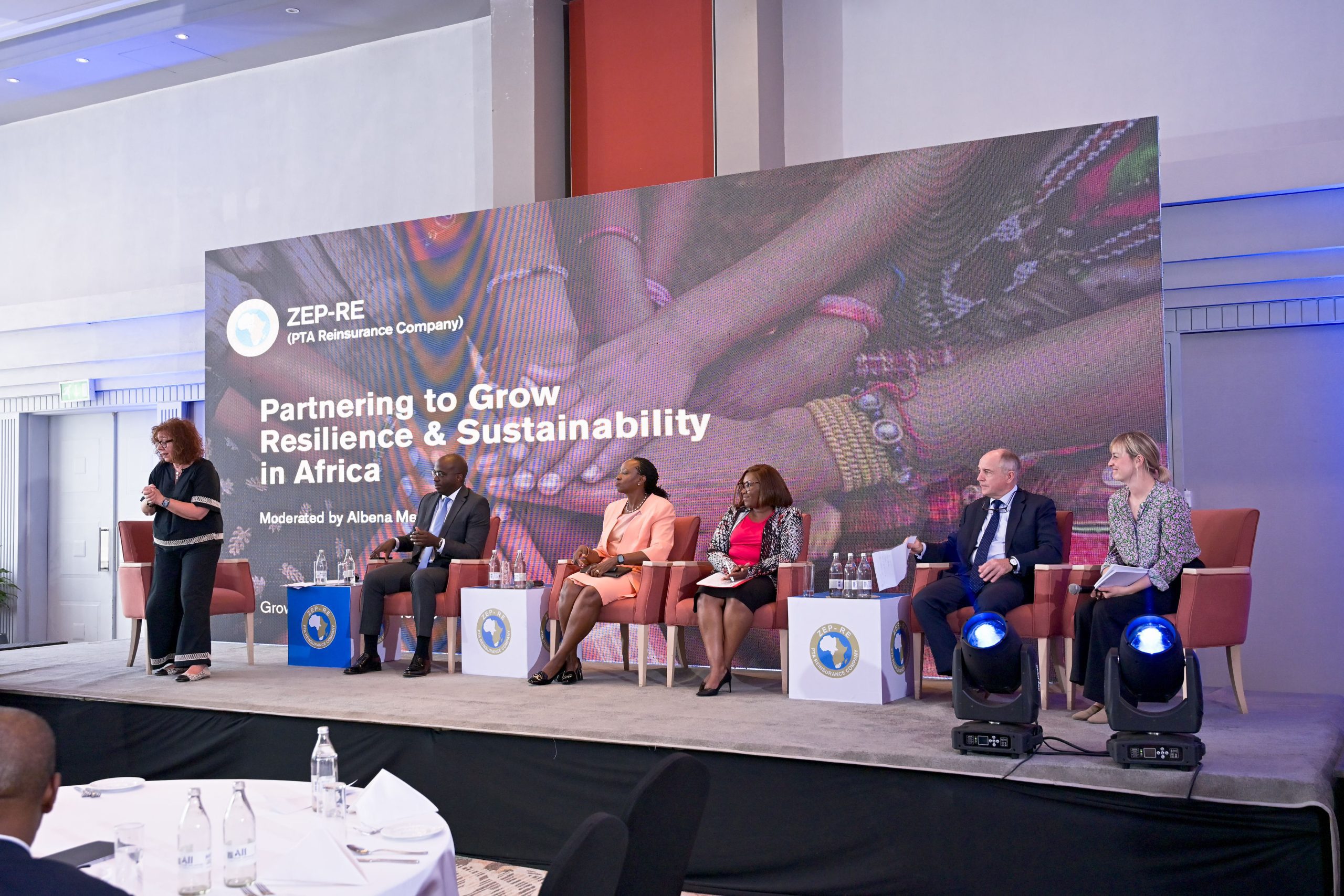
Nairobi, Kenya, October 2, 2025, ZEP-RE (PTA Reinsurance Company) unveiled its 2024 Sustainability Report at the Resilience Breakfast event, marking a significant milestone in the company’s commitment to building resilience across Africa through strategic partnerships and sustainable insurance solutions.
The report launch, themed “A Leading Partner in Growing Africa’s Resilience,” brought together industry leaders, development partners, clients, board members and stakeholders to explore how collaborative action can address Africa’s protection gap and drive sustainable growth across the continent.
Hope Murera, Managing Director and CEO of ZEP-RE, opened the event by emphasizing the urgent need for action. “Africa loses an estimated $10 to $15 billion every year to climate-related shocks, and insurance penetration across sub-Saharan Africa remains between 2 and 3 percent,” she noted. “This means millions of households, MSMEs, and public institutions remain highly vulnerable to risks that can wipe out decades of progress in a single season.”
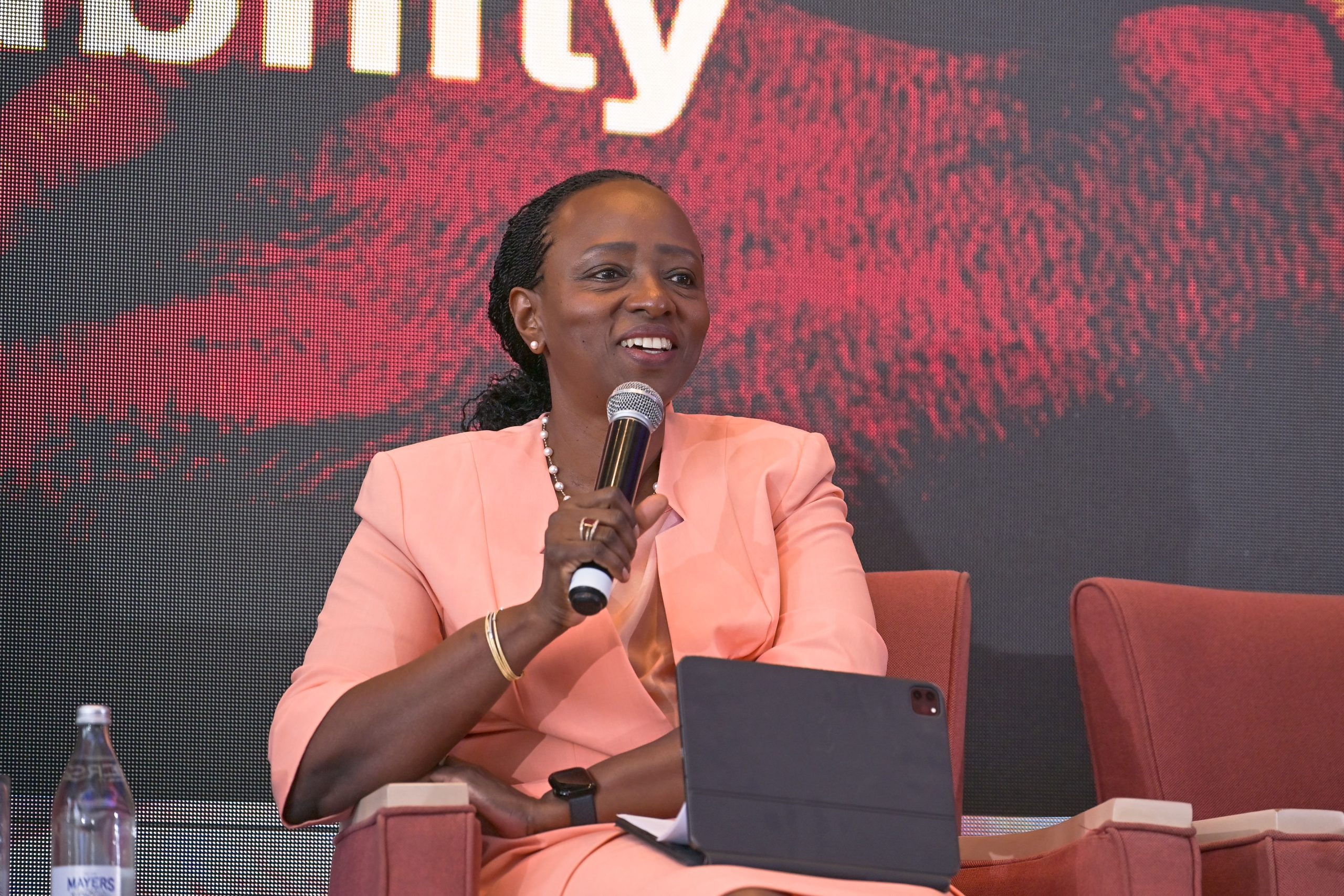
While ZEP-RE has built its foundation as Africa’s leading reinsurer, the organization has evolved into a solutions partner addressing contemporary challenges. The company’s work spans protecting pastoralist households under the De-Risking, Inclusion and Value Enhancement (DRIVE) programme, supporting smallholder farmers through its subsidiary, ACRE Africa, facilitating cross-border trade through initiatives like the COMESA Yellow Card, and supporting renewable energy transitions.
“Resilience is more than the ability to withstand shocks,” Murera explained. “It is the capacity to adapt, to innovate, and to grow stronger in the face of adversity.”
A distinguished panel of industry experts moderated by Albena Melin, ZEP-RE’s Director of Partnerships, explored pathways to growing Africa’s resilience through sustainable partnerships:
Akinyemi Awodumila, Partner at PwC Kenya and Sustainability Practice Leader for East Africa, emphasized the importance of contextualizing sustainability for the continent: “It’s a conversation around purpose, understanding the business case, and recognizing the role organizations play in partnering with like-minded stakeholders toward solving social goals. Development, prosperity, and sustainability are not mutually exclusive.”
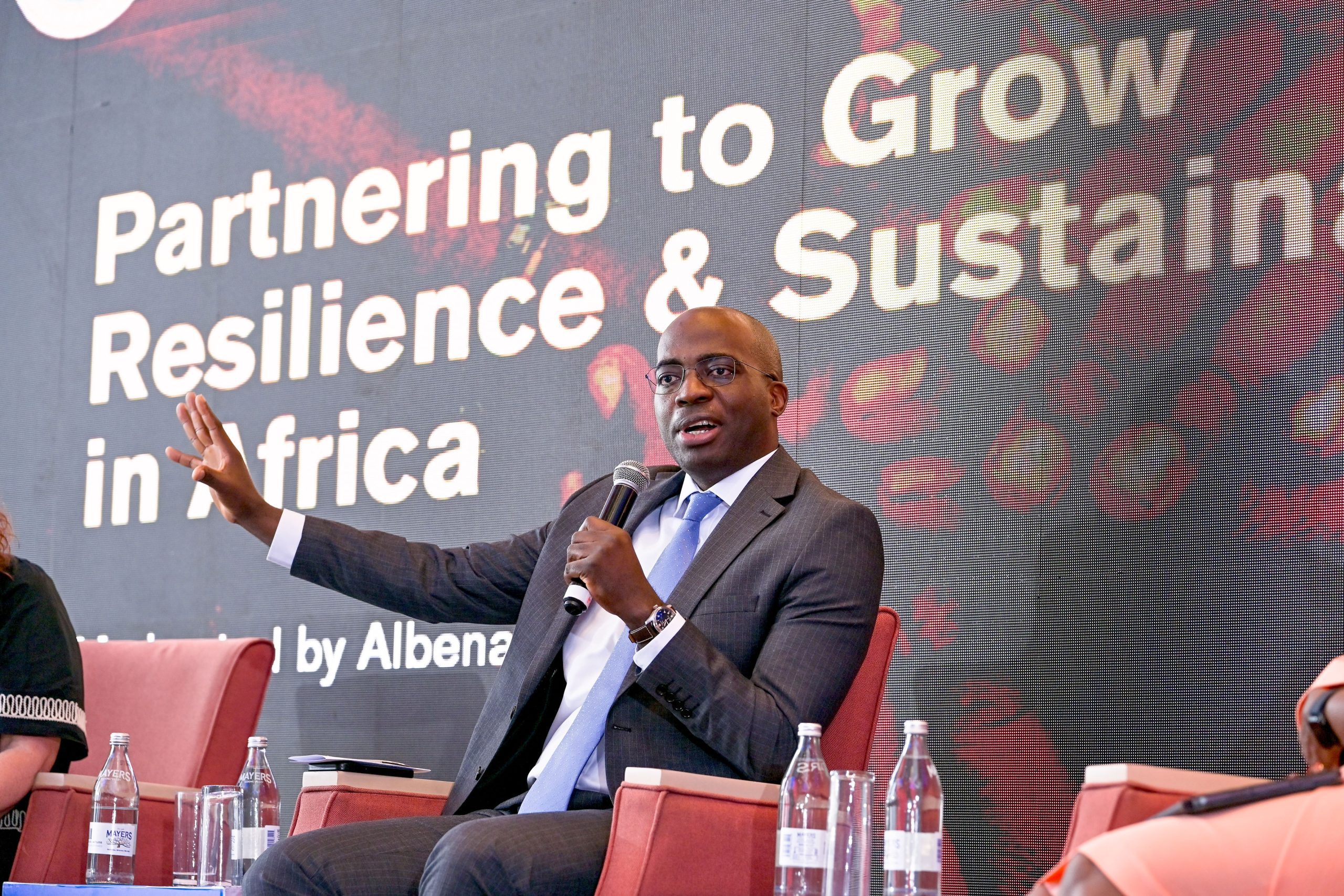
Hanna Dohrenbusch, co-lead of the Partners in Transformation desk for East Africa at DEG Impulse, highlighted the strategic use of blended finance: “Blended finance through guarantees, first-loss capital, and technical assistance allows us to pair public and private funds to increase impact and reduce risk, particularly in sectors like agriculture that need capital most.”
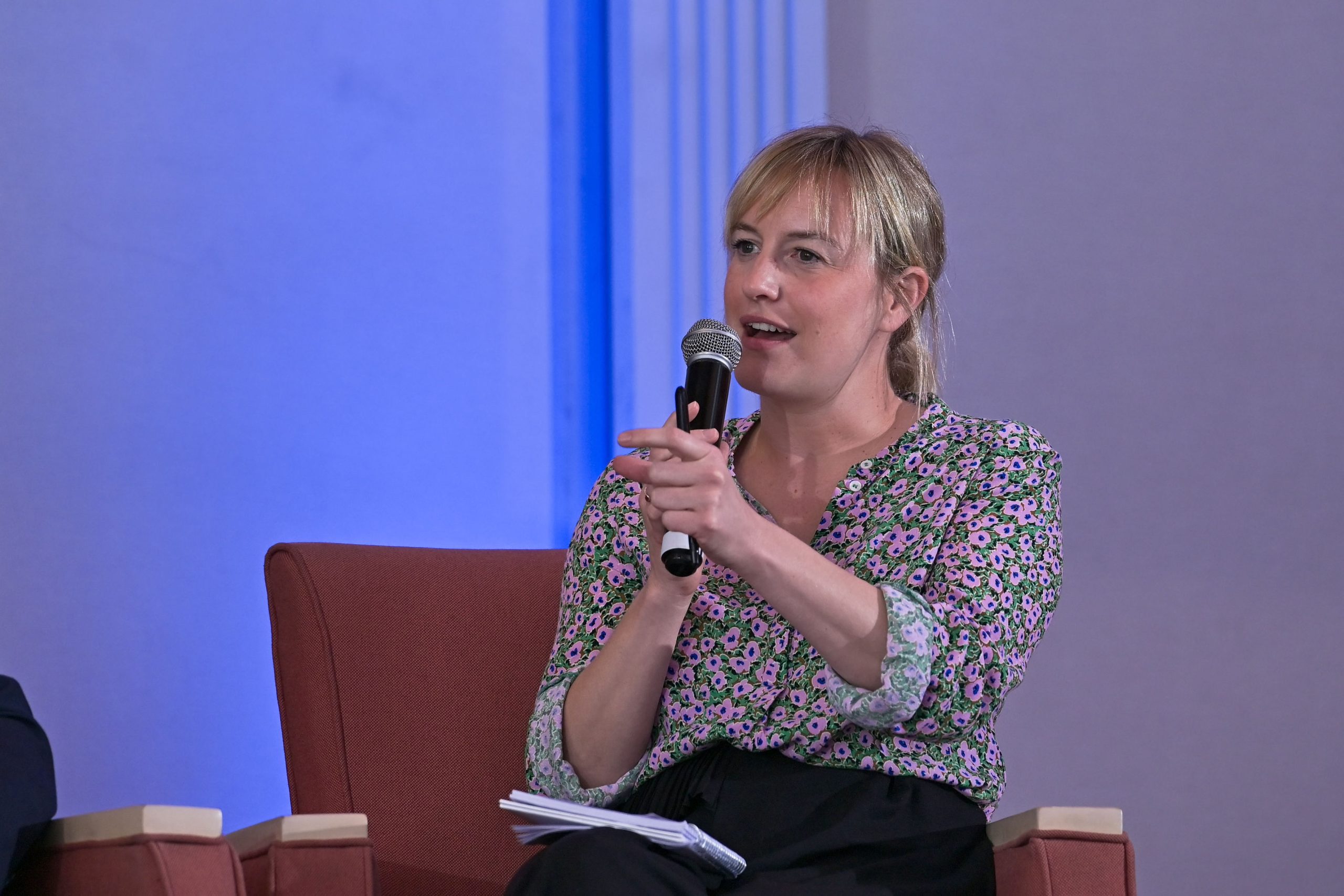
Jonathan Stichbury, CEO of Sanlam Allianz Investments East Africa, stressed the investment case for ESG: “There’s empirical evidence that companies which take ESG seriously outperform those which don’t. As investors, we want sustainable returns from sustainable businesses.”
Stella Njunge, MD and CEO of NCBA Insurance Company, addressed the need for innovation: “We need to think of parametric and index insurance with known outcomes as a first way to address the needs of the new generation that requires transparency, efficiency, and digital, always-on service.”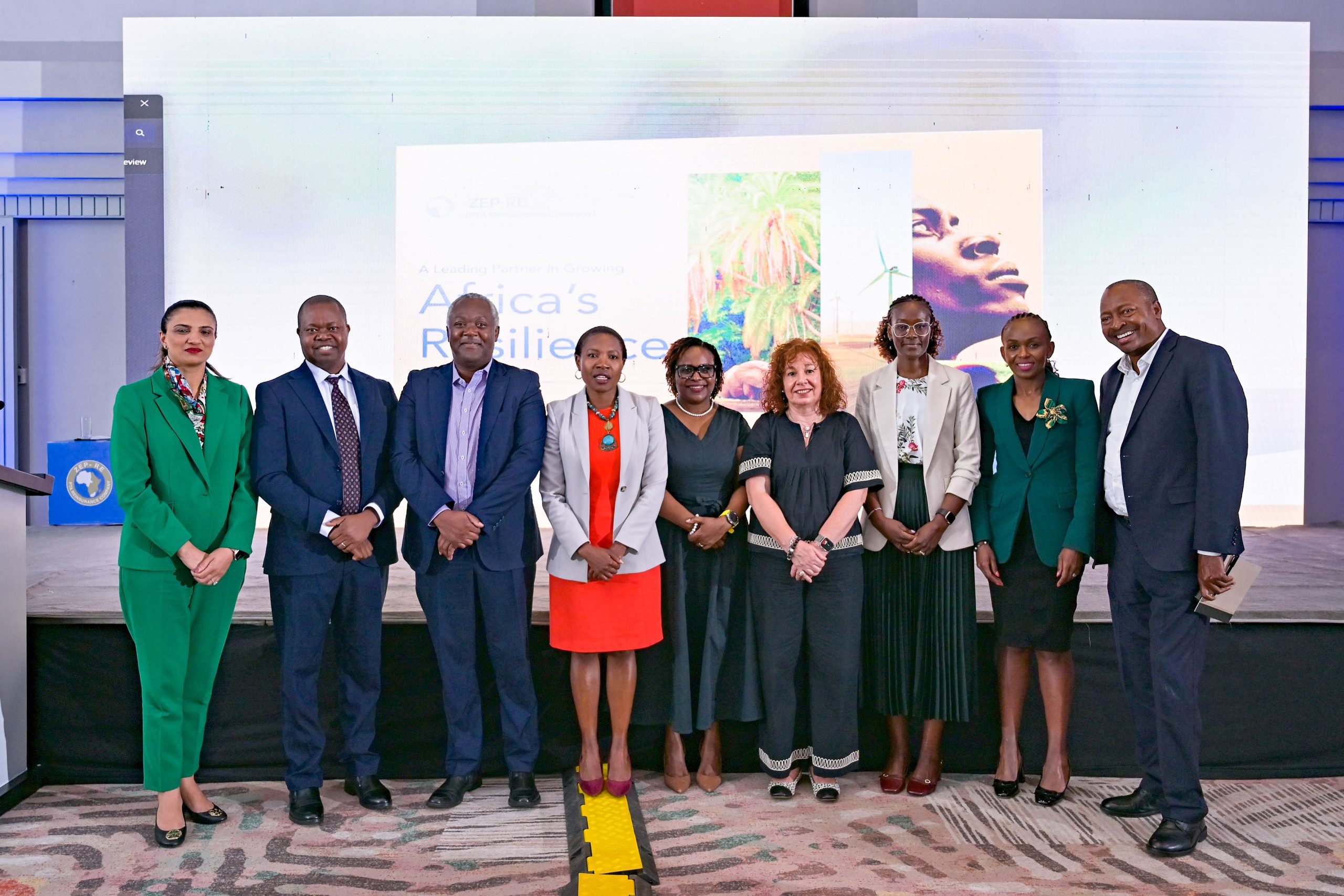
The panel identified several bold steps needed to create financial vehicles that deliver both financial and sustainability returns:
Co-creating products and underwriting them together across the industry, leveraging mobile penetration to reach underserved populations, bringing together development partners, governments, and private sector to protect critical public assets, creating regulatory frameworks that allow companies to write business across African countries, retaining premiums on the continent and developing solutions like “grain for premium” schemes that acknowledge farmers’ realities.
The 2024 Sustainability Report represents more than a publication—it establishes a framework for measuring and strengthening ZEP-RE’s impact going forward. The report aligns with international standards, including the upcoming IFRS S1 and S2 sustainability disclosure requirements, demonstrating the company’s commitment to transparency and accountability.
In a vote of thanks Christine Gitachu, Head of ZEP-RE Academy, emphasized this commitment: “This report is not just a tick box for ZEP-RE. It is setting in motion a framework that will guide us in our measures and how we report and strengthen our impact going forward.”
Throughout the event, speakers returned to a central theme: the quantum of risk facing Africa is too large for any single organization to address alone. Success requires partnerships across the financial services ecosystem, insurers, reinsurers, banks, fund managers, development finance institutions, and regulators working in concert.
As Hope noted in her welcoming remark, quoting a Greek proverb: “A society grows great when old men plant trees whose shade they know they shall never sit in.”
The digital launch of the report, held at the Pullman Hotel in Nairobi and simultaneously streamed on ZEP-RE’s YouTube channel for the online community including board members underscores ZEP-RE’s commitment to accessibility and innovation, with the full report now available online to stakeholders across the continent and beyond.